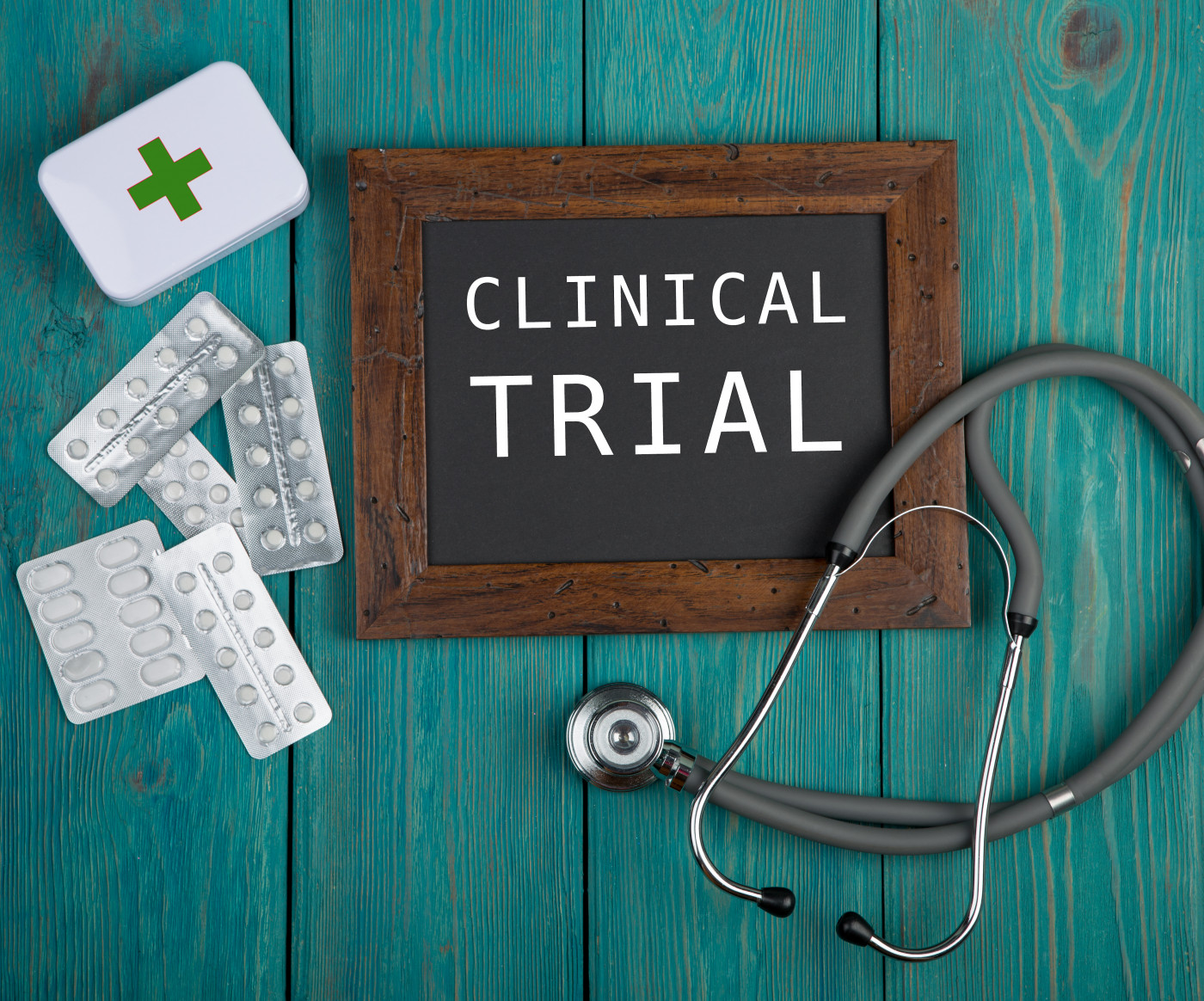First Patient Dosed in Phase 3 Trial in China Testing Enbrel Biosimilar SCB-808

The first ankylosing spondylitis (AS) patient has been dosed in a Phase 3 trial testing SCB-808, a potential biosimilar of Enbrel (etanercept) being developed for the treatment of rheumatic diseases in China.
Biosimilars are biological medical products highly similar to a reference product. They are manufactured by a different company after the original product’s patent expires and are are usually sold at lower prices.
Similar to Amgen‘s Enbrel, Clover Biopharmaceuticals‘ SCB-808 blocks tumor necrosis factor (TNF), a pro-inflammatory molecule with a key role in AS and other disorders. In the U.S., other current TNF inhibitors include Humira (adalimumab), infliximab — marketed as Remicade, Remsima, and Inflectra) — Cimzia (certolizumab), and Simponi (golimumab).
The multi-center Phase 3 trial, which is taking place in China, is designed to compare the efficacy, safety, and pharmacokinetics of SCB-808 to Enbrel in AS patients. Pharmacokinetics refers to a compound’s absorption, distribution, metabolism, and excretion in the body.
Currently available Enbrel biosimilars in China were developed and granted approval prior to the establishment of the China Food and Drug Administration (CFDA)’s Technical Guideline for Development and Evaluation of Biosimilars. Therefore, they were not compared to Enbrel in clinical trials.
In Western countries, ready-for-injection formulations make up the overwhelming majority of Enbrel prescriptions. However, most approved Enbrel biosimilars in China are only available in a powder formulation, which needs to be reconstituted by trained medical professionals prior to being injected into patients.
SCB-808 is being developed in a prefilled syringe formulation, which is ready for under-the-skin injection and may be self-administered by patients at their homes, according to Clover.
“The treatment of ankylosing spondylitis and other rheumatic diseases remains a high unmet medical need in China, as the majority of patients remain severely undertreated. Currently, the lack of affordable, convenient and high-quality biologics therapies presents a major hurdle to wide patient adoption and compliance,” Feng Huang, MD, of Beijing 301 Hospital, the trial’s lead investigator, said in a press release.
“My team and I look forward to evaluating SCB-808 as a potential new and convenient therapeutic option for the treatment of patients with rheumatic diseases in China,” Huang added.
“We are excited to work with Dr. Huang and these world-class investigators and sites participating in this study,” said Min Dong, PhD, Clover’s executive vice president of global clinical development.
“More importantly,” Dong added, “we hope that SCB-808 will meaningfully impact the lives of many patients in China who suffer from autoimmune diseases, and the initiation of this Phase III trial brings us one step closer to this goal.”
This Phase 3 trial follows the success of a Phase 1 study, the company said. Rheumatoid arthritis also is among the potential indications of SCB-808.
“Having compared SCB-808 to both Enbrel and other Chinese etanercept biosimilars in preclinical studies, we believe that the advantages of our robust biomanufacturing process, head-to-head comparisons to Enbrel in clinical trials and the convenient ready-for-injection prefilled syringe formulation will allow us to potentially have meaningful commercial advantages once SCB-808 is brought to the market,” said Peng Liang, PhD, co-founder, chairman, and president of Clover.






